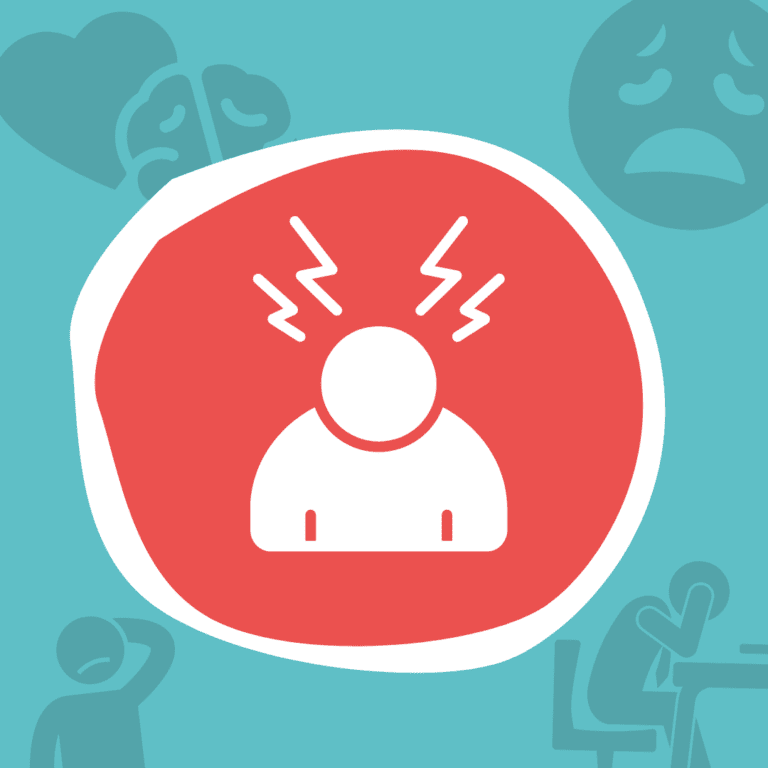[vc_row][vc_column][vc_single_image image=”9574″ img_size=”1200×500″ alignment=”center”][vc_column_text]It is important to recognise that stress is part and parcel of our daily lives, especially with COVID-19, and while it cannot be avoided we can learn to deal with it. While the link between stress and cardiovascular disease is not well understood, we know that stress impacts on the blood clotting mechanism, it increases your blood pressure and when you are stressed you are more likely to lead an unhealthy lifestyle. For example as a coping mechanism people are more likely to increase their caffeine intake, smoke more cigarettes and drink more alcohol and be less active when they are stressed.
- Be aware of what causes your stress. Being aware of this this gives you the opportunity to try to prevent stress or to manage the situation more effectively. You may not be able to avoid stress, but knowing what triggers you to become stressed can help you manage it differently.
- Manage your time. Develop a system that works for you, not against you. Learn to prioritise, make lists and praise yourself for getting through the various tasks.
- Try to create a good work-life balance. All work and no play is a recipe for burnout. Try to find a balance between work and family life, social activities and downtime.
- Learn to accept what you cannot change. For example we cannot control other people behaviours or reactions.
- Have a laugh every day. Rigid thinking and behaviour is a prime source of stress, whereas laughter can uncork the pressure and release built up tension. Laughing also helps us get a better perspective on the problem and tends to make us feel more lighthearted.
- Keep a worry diary. Using a worry diary can help calm the mind by getting worries out of your head, allowing you to see them from a distance. Write out each worry, your feelings and fears, how likely it is to happen and your evidence for and against your worry coming true.
- Exercise regularly. Exercise can help tackle stress and allow your body and mind to unwind, as well as releasing endorphins into the body (feel good hormones).
- Try relaxation exercises and mindfulness. With regular practice, exercises such as deep breathing or progressive muscle relaxation can help to reduce stress.
- Eat and sleep well. Eating and sleeping well will help manage stress more effectively.
- Build a range of supports. Building up a range of supports is important in managing stress. It can be beneficial to accept help from others, share your worries with someone you trust as the saying goes ‘a problem shared is a problem halved’.
Finally, remember be patient with yourself, gaining control over stress can take time.
[/vc_column_text][/vc_column][/vc_row]
